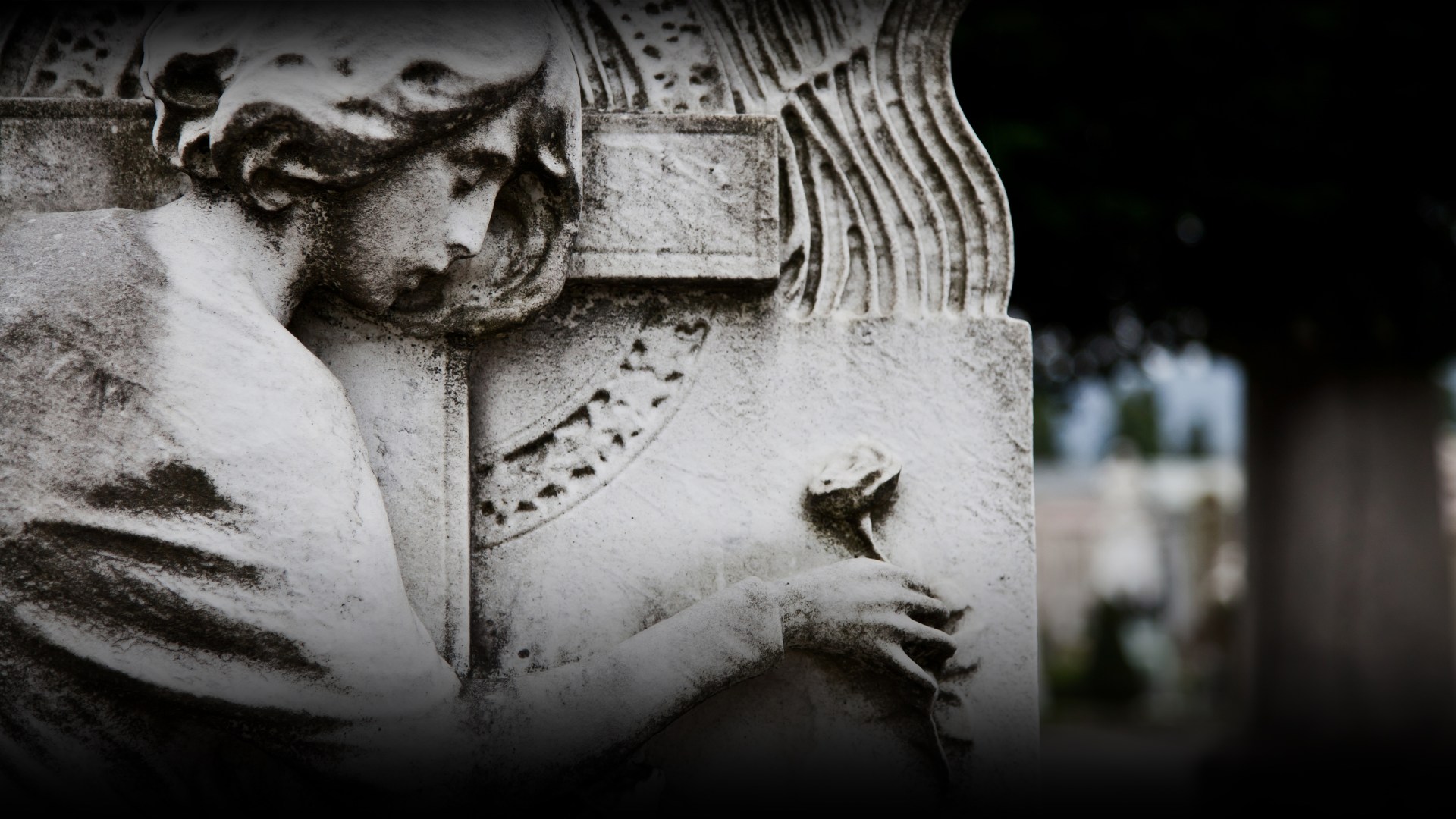The sympathy cards available at the Hallmark store or supermarket rarely contain anything that could remind a grief-stricken friend of the Resurrection.
Even the sort of card you find in a Christian book or gift store tends to follow some spiritual variation of contemporary sentiments: “Your loved one lives on in your memory,” or something worse, like, “They’ve returned to the stars.”
It is beautiful that we remember our loved ones and carry their best moments in our hearts, and it’s also true that we are made of stardust and return to earth, but these messages are not the astonishing gospel hope.
These expressions, however heartfelt, do not console us because they conceal a hard truth: when we are dead, we are dead. We do not go “back to the stars” but are—pardon this—worm food. They also leave unsaid or deny a powerful reality: our body and soul are reconstituted by a God who loves us, who raises us from death.
We do not “go on” as stardust or as a “whisper on the wind” or “wave upon the shore,” nor do we live on only in the minds of those who remember us; we truly live on as the unique and unrepeatable persons we have been since the moment of our conception.
We live on, body and soul glorified, as it was and will be forever in Jesus Christ, the first fruits of the Resurrection, able to be touched and held, seen and heard. We sit down at a meal in his new creation and drink choice wine with the One who loves us and gave himself for us.
We are not ghosts in machines that go back to being ghosts, nor are we mere material that becomes “one” again with the rest of creation. The Christian hope is particular, personal, and unapologetically material.
We are destined for eternal embodied existence, where all the things that made us who we are as one-of-a-kind divine image bearers—laughter, courage, generosity, brilliant thoughts and selfless deeds, skin and bones (depending on what Paul means by “spiritual bodies”)—will inhabit individual bodies that have something resembling hands and feet and fingerprints and nucleic acids. All made alive again forever, redeemed by the power of the triune love.
God has all the information (genetics) and all the mystery (the essence of every human soul) about us, and he knows how to raise us from death. That is a real hope. That is real love. That is something worth communicating to someone who has lost a brother or parent or friend or lover or muse. That is worth putting in a sympathy card.
After everyone who remembers and loves us also dies, and their memories of us perish with them, we yet live on, and they yet live on—and longer than the stars, all holy memories and every personality intact.
We need cards that tell that story.
Kenneth Tanner is pastor of Church of the Holy Redeemer in Rochester Hills, Michigan. His writing has appeared in Books & Culture, Huffington Post, Sojourners, National Review, Christianity Today, and Real Clear Religion. Follow him on Twitter @kennethtanner.










